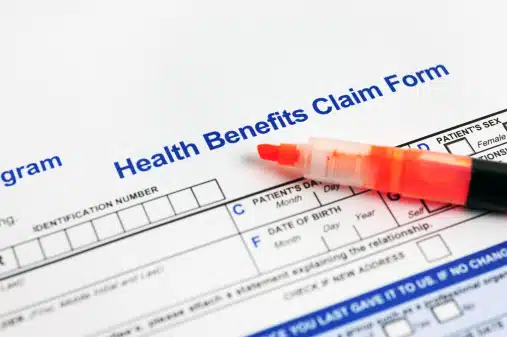
Types of SSD Benefits Available
Social Security Disability Insurance (SSDI)
If you qualify for Social Security Disability Insurance, depending on the circumstances, you (and possibly family members) will receive monthly cash benefits, among other benefits. However, you will only receive benefits if you are “insured” through the Social Security system, which means that you have worked long enough and paid enough in Social Security taxes.
SSDI benefits are awarded to disabled or blind individuals based on your earnings history. Family members may also qualify for benefits.
Individuals without an employment history are typically not eligible for SSDI benefits, but may qualify for Supplementary Security Income (SSI).
Supplemental Security Income (SSI)
Supplemental Security Income provides cash assistance payments to aged, blind, and disabled individuals (including children) who have restricted income and resources.
Establishing a person’s SSI payment amount begins with the Federal Benefit Rate (FBR), which is typically established annually and takes into account cost-of-living changes. The FBR in 2013 is $710 for a qualified individual and $1,066 for a qualified couple. In Rhode Island, you may also qualify for a State supplement.
The amount of SSI benefits you receive is based on your income, living arrangements, and other factors.
Widow’s And Widower’s Disability Benefits
The Social Security Administration may provide disability benefits to a widow, widower, or divorced spouse. Beneficiaries may include aged widows or widowers who are at least 60 years old, young widows or widowers who have a child under age 16 or who care for a disabled child over age 16, and widows or widowers between the ages of 50 and 60 who are disabled. In addition, if a surviving spouse who was healthy when widowed becomes disabled within seven years of the deceased spouse’s death, she or he may also be eligible for disabled Widow’s benefits. This area of disability law is complex; it is always best to consult a Rhode Island disability attorney if you have questions about eligibility.
Adult Child Disability Benefits
An adult disabled before the age of 22 may qualify for child’s benefits if a parent is deceased or is receiving retirement or disability benefits. An “adult child” includes a biological child, adopted child, stepchild, or grandchild who is unmarried, age 18 or older, and whose disability began before age 22. Because these Social Security Disability benefits are paid on the parent’s earning record, it is not necessary for the adult child to have ever worked in order to receive federal assistance.
Children Of Disabled Workers Auxiliary Benefits
Social Security Disability benefits are payable to children of disabled workers, but these types of benefits may be limited. The three types of children who may receive benefits include a minor child who is under the age of 18, an adult disabled before the age of 22, and a high school student under the age of 19.
Contact Our Rhode Island Social Security Disability Lawyer For Help Filing An Appeal
